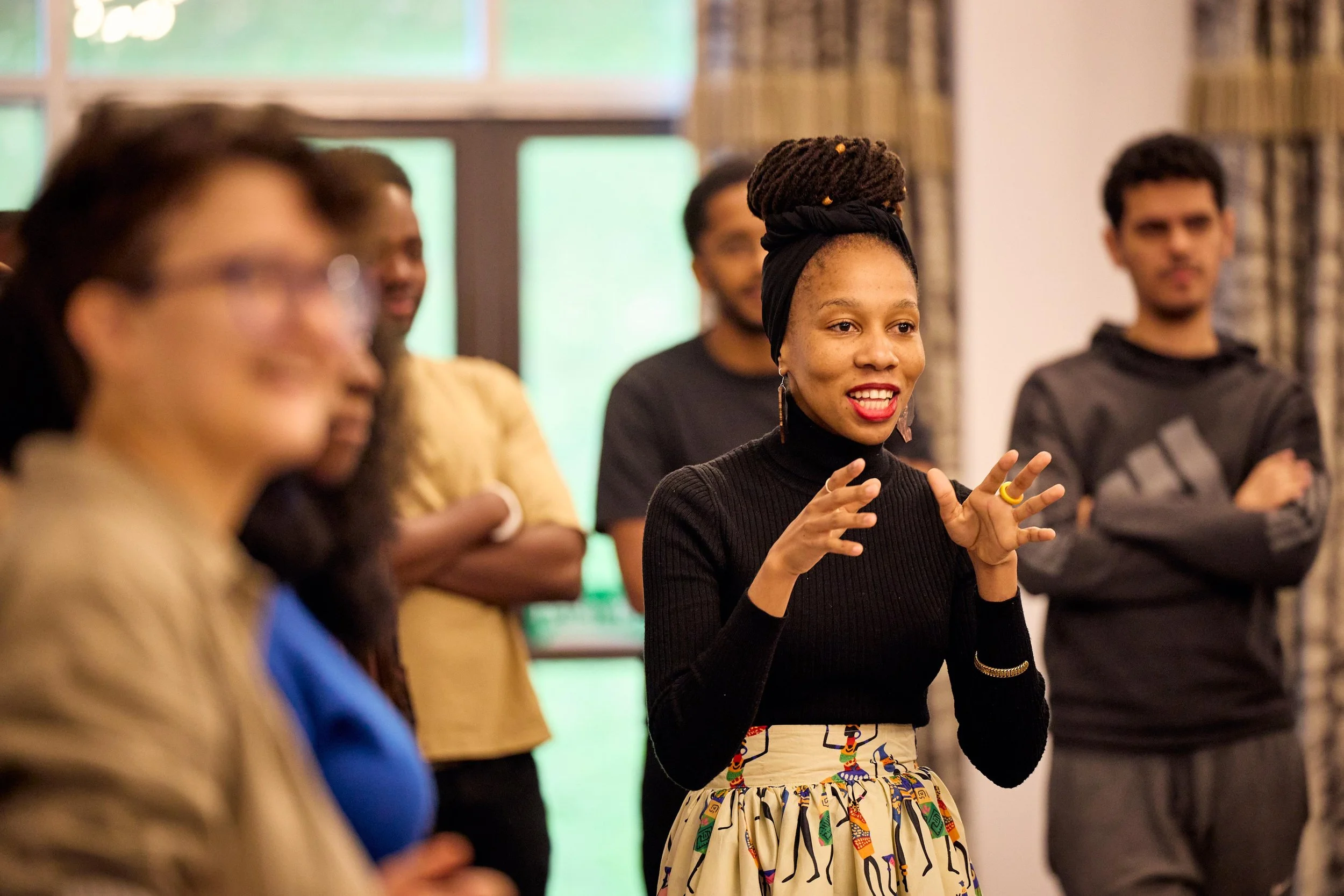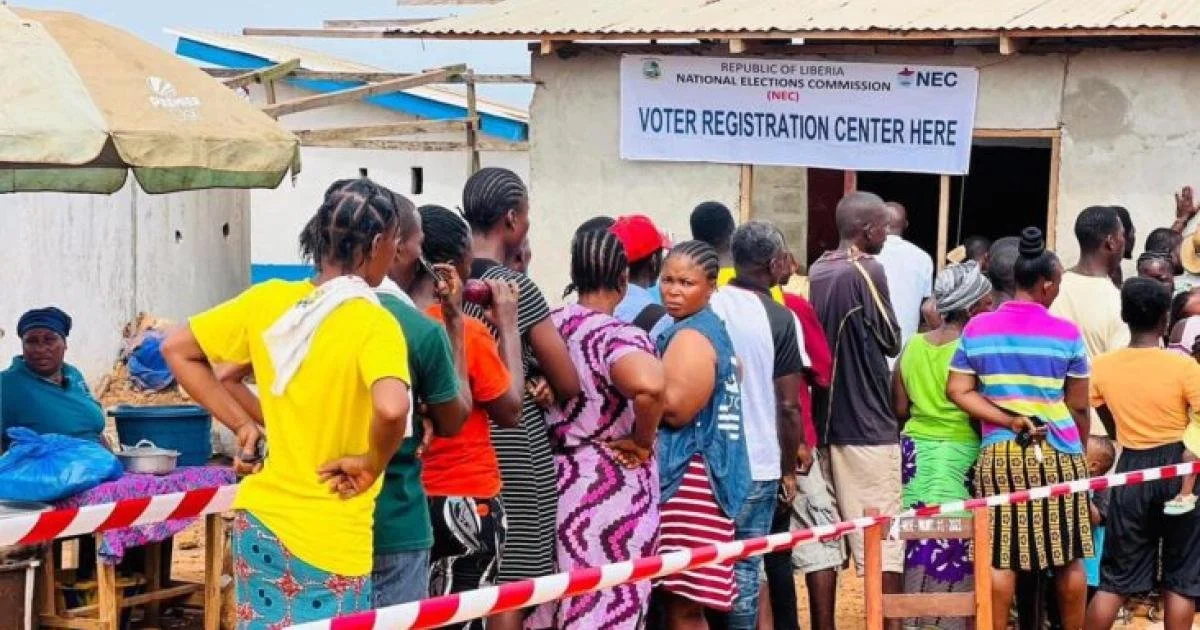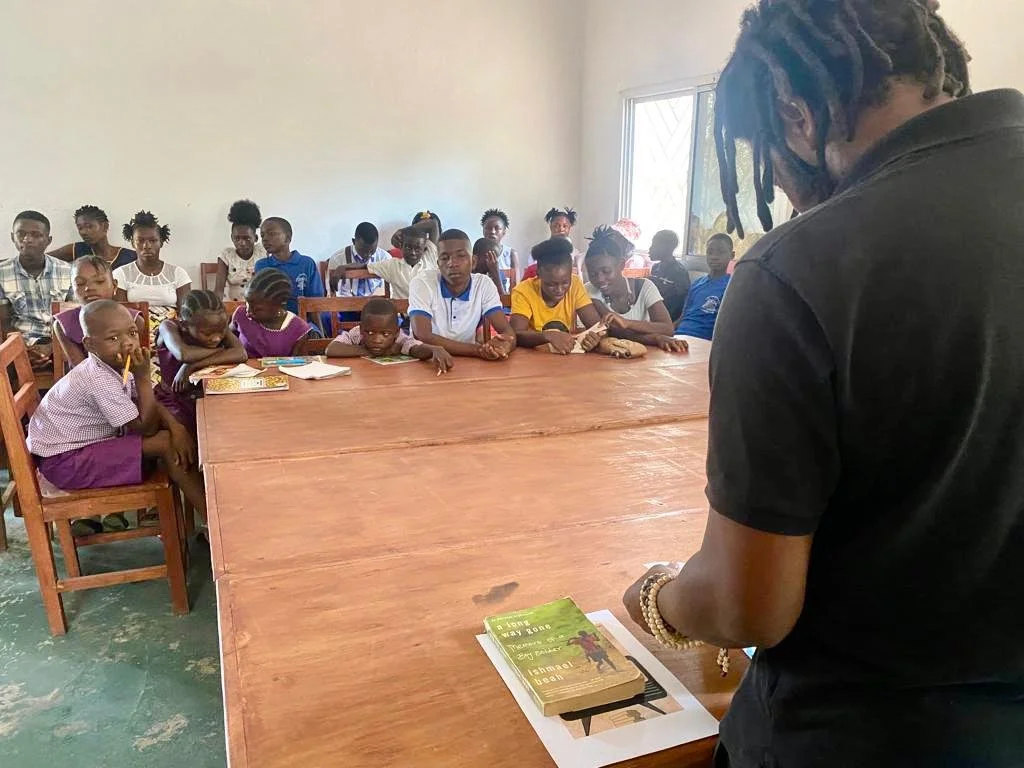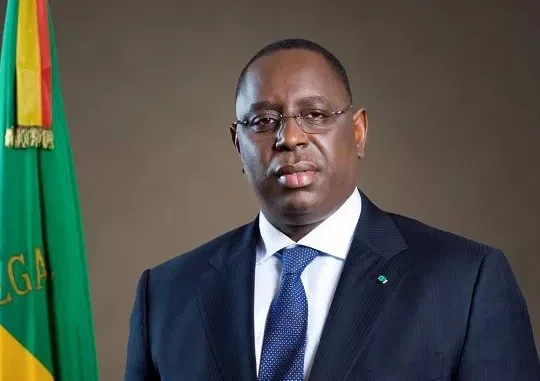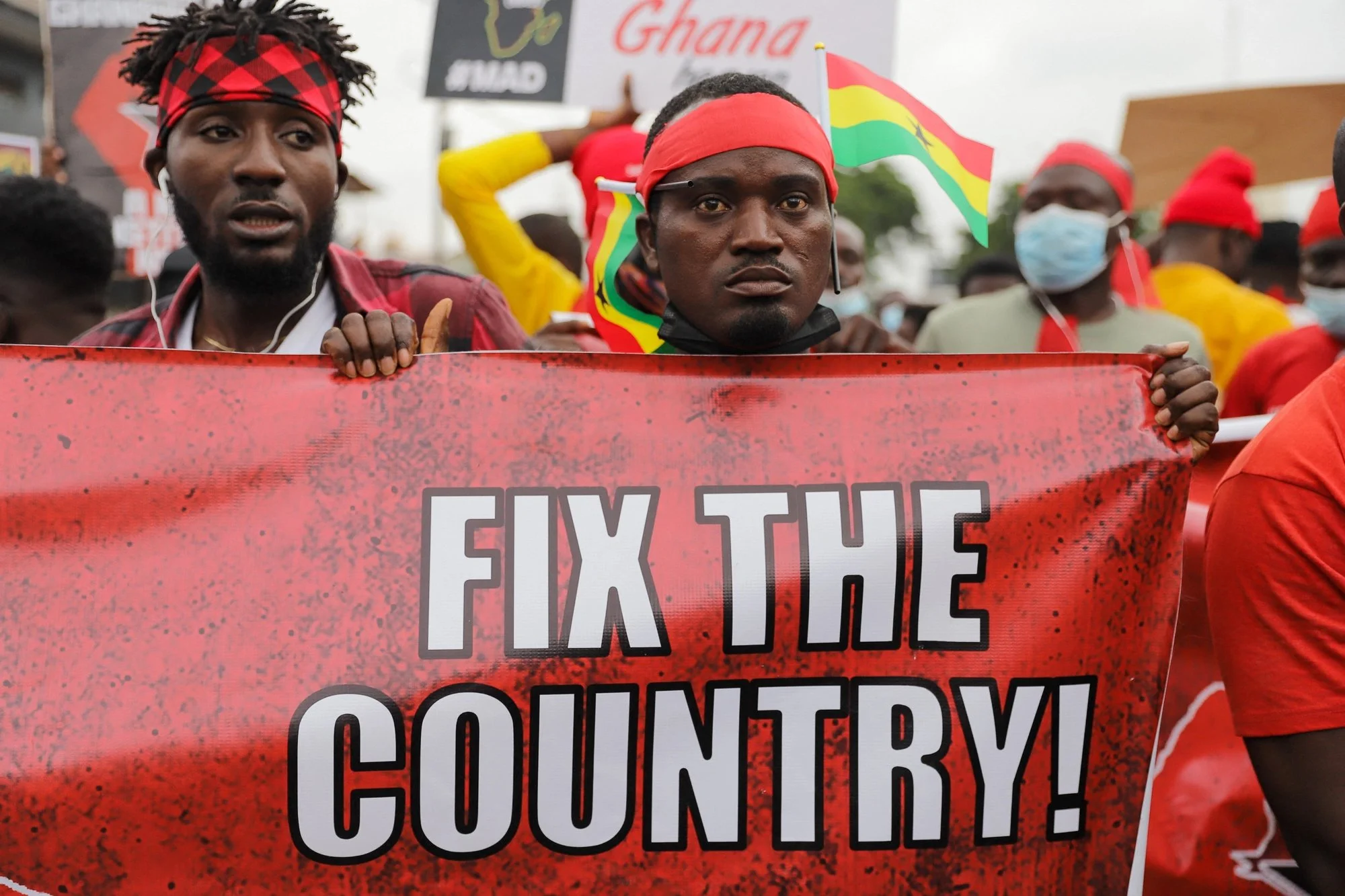In this guest post, activist and co-host of The Resistance Bureau, Mantate Mlotshwa, reflects on an important, often overlooked component of human rights work: how first- or second-hand exposure to violence and trauma can shape our lives in ways we never imagined, and how our identities are intertwined with the traumas we encounter and often bear witness to.
Ingabire Day: A Transcendent Struggle for Rwandans Dignity
In this guest post, human rights activist Denise Zaneza writes on the lasting importance of Ingabire Day, which commemorates the struggle for democracy and reconciliation in Rwanda, embodied by the saga of Ms. Victoire Ingabire Umuhoza, a prominent opposition leader, who was arrested on trumped-up charges and arbitrarily jailed on October 14, 2010.
Ahead of SADC Summit, Darkening Clouds Loom over Zimbabwe
In this guest post, Zimbabwean journalist Clemence Manyukwe writes on the escalating episodes of repression — including arbitrary arrests and detentions, acts of torture and surveillance — against pro-democracy activists. With Zimbabwean president Emmerson Mnangagwa set to assume the SADC chairmanship, regional analysts rightly fear that this will further entrench a climate of anti-democratic behavior and impunity across the region.
In Name Only: Uganda’s Constitutional Democracy
In this guest post, human rights lawyer Bwambale Asiimwe Micheal, writes on how Ugandan authorities have violated basic constitutional protections to peaceful assembly and demonstration by equating such rights to ‘criminal activity.’ The recent Gen Z protests in the country, culminating in a recent anti-corruption march, are now pushing the boundaries and bringing much-needed scrutiny to one of the world’s longest-ruling regimes.
Do Not Forsake Sierra Leone Amid ECOWAS' Legitimacy Crisis
Senegal’s Democratic Experiment at a Tipping Point
This weekend, voters in Senegal will head to the polls after three years of deadly unrest, political uncertainty, and valid questions about the sustainability of the country’s democratic institutions. In this timely guest post, local journalist Borso Tall captures the the mood of the country on the eve of the election and reflects on what potentially lies ahead.
A Diplomatic Clash and A Setback for Sierra Leone
In this guest post, our first of 2024, Sierra Leonean journalist Alpha Kamara writes on the recent coup attempt in Sierra Leone that implicated a former president. Despite prompt regional intervention and high-level diplomacy, the crisis is far from over with potentially long-lasting negative impacts for the country’s peace and stability.
African Coups and the ‘Failure of Democracy’ Myth
Across Africa, military leaders are more emboldened than ever, writes our executive director Jeffrey Smith. Over the past decade, there have been twenty-two coups and attempted coups across the continent, with fourteen of them taking place in the past three years. From Zimbabwe to Gabon, there is an understandable rejoice when a tyrant is toppled. But this optimism is misplaced and too often based on major misperceptions, resulting in an unnecessary defamation of democracy and democratic governance.
Liberia’s October Election: AU and ECOWAS must act outside the box
In this guest post, Liberian presidential candidate — and former high-ranking United Nations official — Sara Nyanti writes on the October elections taking place in her country, including the urgent need for democratic solidarity from the African Union (AU) and Economic Community of West African States (ECOWAS).
Senegal’s Culture of Dialogue and its Outsized Importance
Coups vs. Democracy and the Misunderstanding of Africa's Youth
In this guest post, Togolese activist Farida Nabourema writes on the recent coup d’etat in Niger, which is now the sixth military takeover in the West African sub-region to occur over the past two years. She writes that there is a fundamental misunderstanding in regards to the seeming embrace of coup leaders by the youth: it is not because they prefer military to democratic rule, but rather that they have been stripped of hope and denied agency by those in power. In effect, electoral democracy in Africa today has become a ‘luxurious good that only the rich and powerful can afford to purchase at the expense of the sweat and blood of the poor.’
Democratic Terrorism in Nigeria
In this guest post, Nigerian author and activist Raphael Adebayo writes on ‘democratic terrorism’ and asks: When does the question arise about the delta between the process that brought Tinubu to power in Nigeria, and the ones which propel putschists to seize it? How is Tinubu’s declaration as Nigeria’s president different from the emergence of military-backed coupists like Goïta in Mali, Doumbouya in Guinea, Traore in Burkina Faso, and Tchiani in Niger?
Sierra Leone: Imposing Peace Will Not Build a Democratic Nation
In this guest post, activist and bestselling author Ishmael Beah reflects on the widespread restrictions of human rights in Sierra Leone in the lead up to the general elections scheduled for June 24. He argues that this ‘imposition of peace’ — and the threats from the state to enforce silence — are merely planting the seeds of future unrest and chipping away at Sierra Leone’s standing as a democratic nation.
The Power of Precedent: Presidential Term Limits in Africa
In collaboration with African Arguments, guest author Aaron Sampson writes on the removal of term limits in Africa and how they ultimately short-circuit democracy by creating Presidents-for-Life. Importantly, third term bids inflict damage regardless of outcome simply by denying an opportunity to establish precedent. While this issue is important for the continent writ large, democracy activists in Senegal and Mozambique are now sounding the alarm over presidents Macky Sall and Filipe Nyusi’s recent refusals to rule out running for third terms.
The Political Power Grab and Democratic Backsliding in Mozambique
The democratic backsliding underway in Mozambique — which has so far evaded the headlines — is characterized by a power grab by President Filipe Nyusi, who has been laying the groundwork to run for a third presidential term next year. At the same time, the country’s democratic quality, including respect for political rights and civil liberties, have consistently declined since he assumed the presidency in 2015. Researcher Steven Holmes and our director Jeffrey Smith write on the importance of this year for Mozambique and its people.
Tunisia’s Nascent Democracy is Fast Eroding
Acclaimed across the globe as the success story of the Arab spring protests a decade ago, Tunisia’s democratic transition is now on a precipice. In this guest post, David Kode argues that if nothing is done by the international community — and especially Tunisia’s main allies — then the country will further descend into full-on authoritarianism.
Vanguard Africa joins human rights groups to demand independent inquiry into the murder of Thulani Maseko
It has been 30 days since the brazen murder of Thulani Maseko in Eswatini. To date, the government has done nothing to show that they are prioritizing investigations into his murder — instead, it has entangled itself in contradictions about halting its tactics of intimidation and threats meted out to any pro-democracy advocates, human rights defenders, entities and individuals that espouse such values.
It is Time for Tough Action on King Mswati III
In this guest post, human rights activist Velaphi Mamba writes on the brazen murder of Swaziland’s most well-known activist and lawyer, Thulani Maseko. In remembering Thulani’s many contributions, he argues that it is time for the world’s democrats to unite — finally — in support of long-overdue reforms in Africa’s last absolute monarchy, which continues to rule with brazen violence and impunity.
Ghana: ‘The Public Relations Democracy’
In this guest post, social justice activist Hardi Yakubu, from Africans Rising, writes that the perception of Ghana as one of Africa’s most robust democracies is profoundly flawed. This assessment is the result of years of increasing state violence against peaceful protesters and judicial repression that has been employed to silence critical journalism and dissent. He argues that it is long past time to dig deeper, and to go well beyond the inaccurate global headlines.
Zambia Bets on a Young Creative: A win for the country and region
This week’s guest post is from Zimbabwean activist Mantate Mlotshwa — here, she reflects on the recent appointment of Fumba Chama (AKA Pilato) to Permanent Secretary for Youth, Arts and Sports in Zambia and, particularly, what it means for young creatives such as herself and the inspiration it generates for young people across the region.


